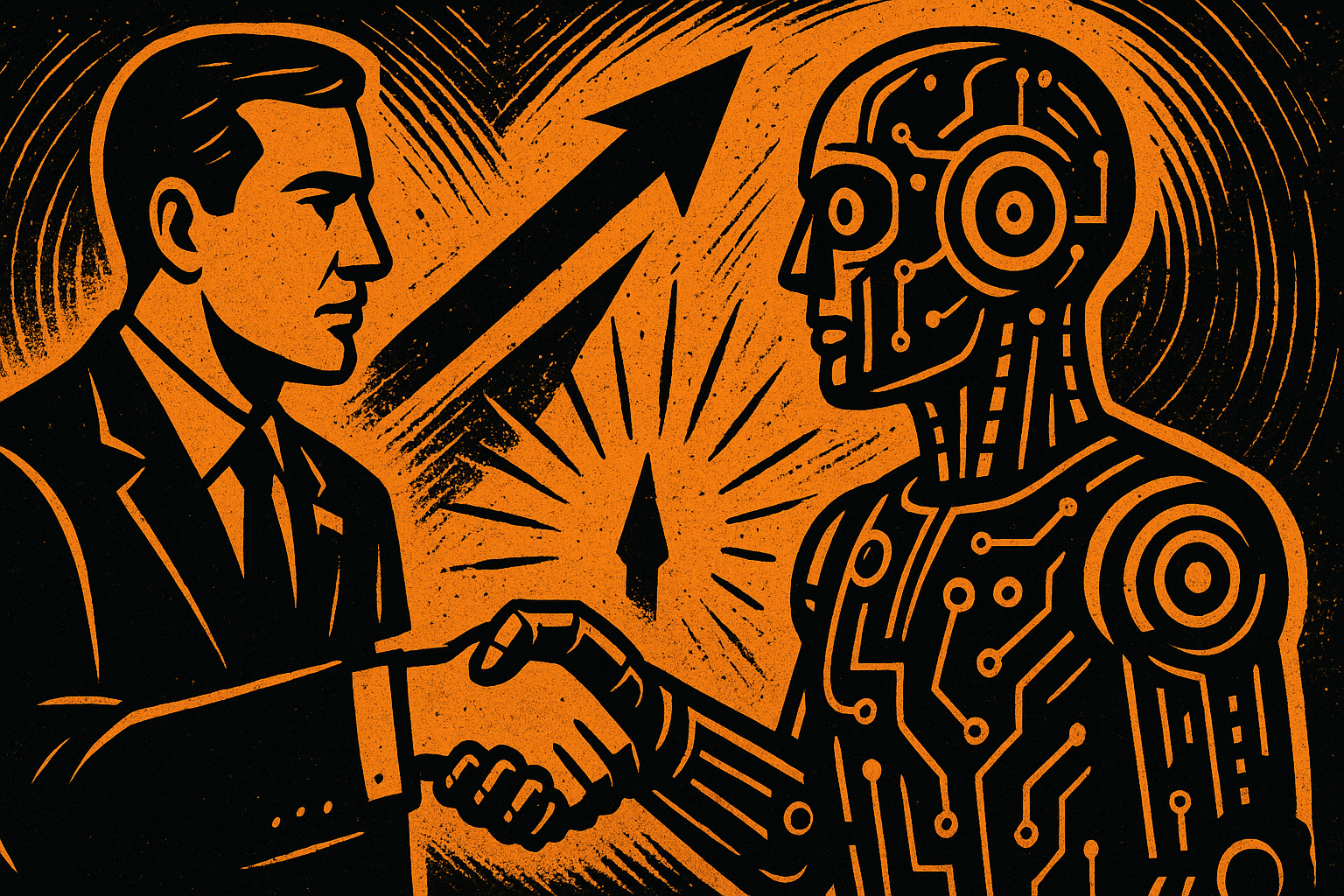The world is undergoing a radical transformation: power is no longer just an army and weapons, but algorithms that shape public consciousness and rearrange the balance of international influence. Global spending on AI in 2022 reached $92 billion, with the United States alone accounting for 44 billion euros, compared to 12 billion for China and only 10.2 billion for Europe and the United Kingdom. This financial gap is not just numbers, but a new map of influence being drawn through data and digital platforms.
The study shows how AI has become an algorithmic force that transcends borders and politics. A single algorithm on TikTok during the 2022 Kenyan elections pumped 130 inflammatory videos that reached more than 4 million views-without direct human intervention or a planned political process. Just an algorithm...changing public opinion in an entire country.
This hidden power has made major tech companies - not just countries - a geopolitical player par excellence, rivaling ambassadors and foreign ministries in influencing global public opinion.
The study shows that the United States is leading the race thanks to its corporate giants: OpenAI, Microsoft, Google, Amazon... and is using this superiority to impose technological "standards" that become a global reality. Even sanctions have become technological; Washington's restrictions on NVIDIA's advanced chips have hindered China's rise in some critical paths.
In contrast, China is building an authoritarian AI model, relying on the world's largest surveillance network with 560 million cameras. It also exports these systems to 83 countries and sells smart city security systems to 16 African countries, extending its digital influence beyond economics to security and sovereignty.
Emerging countries like Saudi Arabia, the UAE, India, and Turkey are in a different race: reducing dependency and building technical sovereignty. Saudi Arabia is investing and looking to create a $40 billion fund in AI. The UAE is building one of the most powerful sovereign clouds in the region, and developing open Arab models like Falcon and Noor**.
In the background, the biggest struggle is taking place: who will write the international standards?
Whoever sets the rules for transparency, privacy, and security standards...has the real power over the future of AI. The EU is trying to lead the way with the AI Act, China is pushing for "data sovereignty," and the US favors a voluntary, corporate-led model.
The study warns that the world's failure to agree on common standards could lead to a global digital divide:
A liberal, open AI system and a closed, authoritarian one... just like the Iron Curtain, but this time in the digital space.
The study concludes that AI is no longer a political tool to be used as a tool of power, but has become the basic structure through which the laws of international influence are being rewritten, and whoever owns the digital norms and structures will control the balance of power for decades to come.
To view the video and read the full analysis paper, please scroll down.
The rise of technological diplomacy: Artificial Intelligence as a New Political Weapon
In the age of algorithmic power... it's no longer whoever has the gun that's the most powerful, but whoever writes the code

Comments